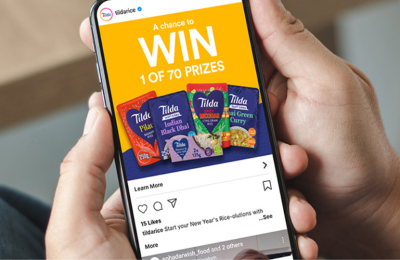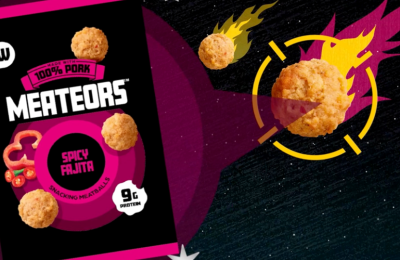The landscape of how we engage with our peers, friends and colleagues has so dramatically changed in recent years that trying to explain what succeeds and what attracts public interest is virtually impossible. In fact, companies are built on predicting these trends and live or die by their results.
As far back as the Ice Bucket Challenge (raising approximately $115m for ALS) through to TikTok challenges and up to social media tasks such as the 25 days 25 press up a challenge for PTSD, which I have failed to stick to, a new trend is taking root. The trend of reaching out to your peers and challenging them appears to be de rigueur.
Whether it be for charity, fun or simply spreading awareness of a cause such as the recently divisive #ChallengeAccepted where women are asked to post a black and white photo of themselves, could this mechanic be here to stay, and how can it be harnessed for good?
But what if the challenge wasn’t laid down to you on Facebook or Instagram, but instead in the very real world of politics and the decisions surrounding who run our country?
In 2016 The IPM hosted a Chairman’s Dinner at the House of Lords tabling the argument that political advertising should indeed be regulated. Guests included representatives from the Committee of Advertising Practice, The Advertising Standards Authority and The Advertising Association. The focus was on how we as an industry take so much care and invest so much time and money making sure our campaigns are ‘legal, decent, honest and truthful’ but campaigns run to elect national governments are not treated in the same manner.
We are once again being set a challenge by the UK to address this topic and question why there is no regulation of political advertising.
The ramifications for IPM members when this practice continues to go unchecked ripples through our industry and touches every corner of the sector. Consumer advertising is heavily regulated to protect the very people it is engaging with; you only have to have had limited dealings with an alcohol brand to witness the lengths that are taken to safeguard the public.
Our challenge, should we choose to take it on with the same gusto as other challenges, is to call politicians into question and, with the weight of public opinion behind us, demand they act.
Graham Temple, host of the Chairman’s Dinner in 2016, has long since championed this cause though agrees the solution is not a clear and simple one. Warnings on political advertising similar to those given to brands promoting gambling were suggested as interim solutions, highlighting to the consumer that the political messages they see and hear are neither checked nor verified.
Unlike some of the more short-term challenges we adopt with vigour, this #Challenge is here to stay and requires bodies, such as The IPM, to champion the fight and deliver meaningful and impactful action as a unified voice.
The IPM will accept this #Challenge and will continue to hold those in power to account by those who hold the power to make a difference.























